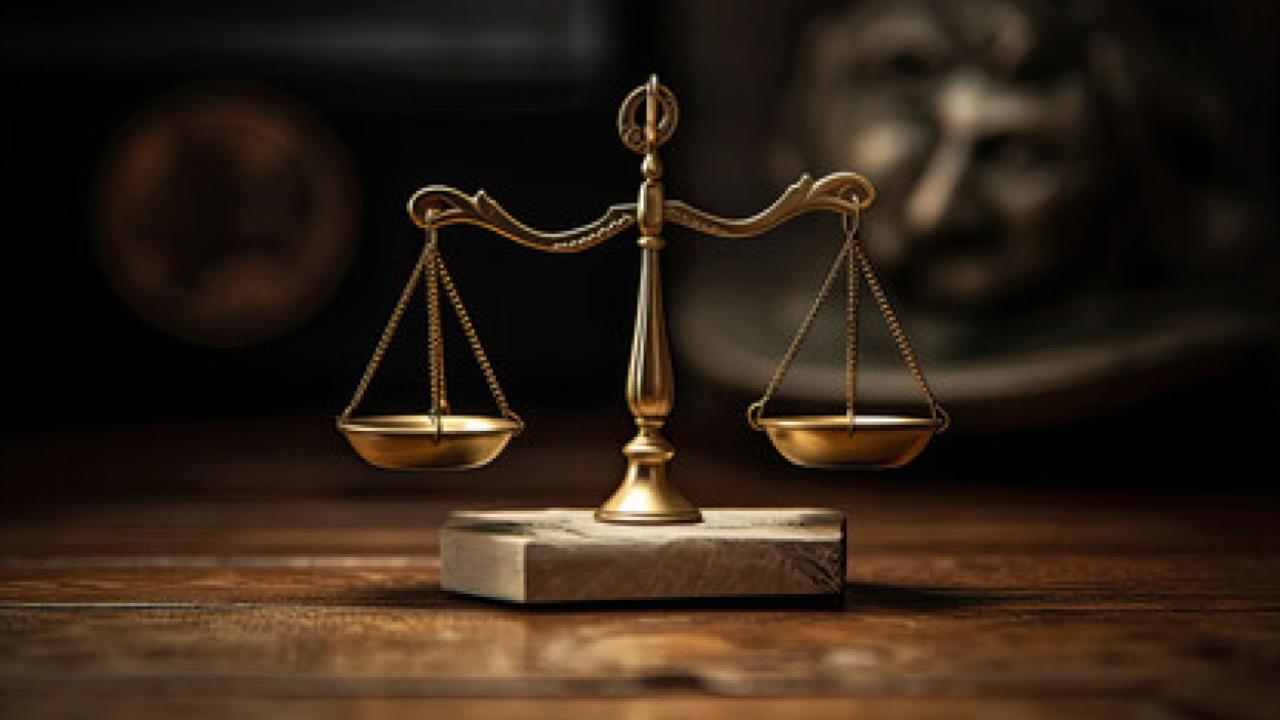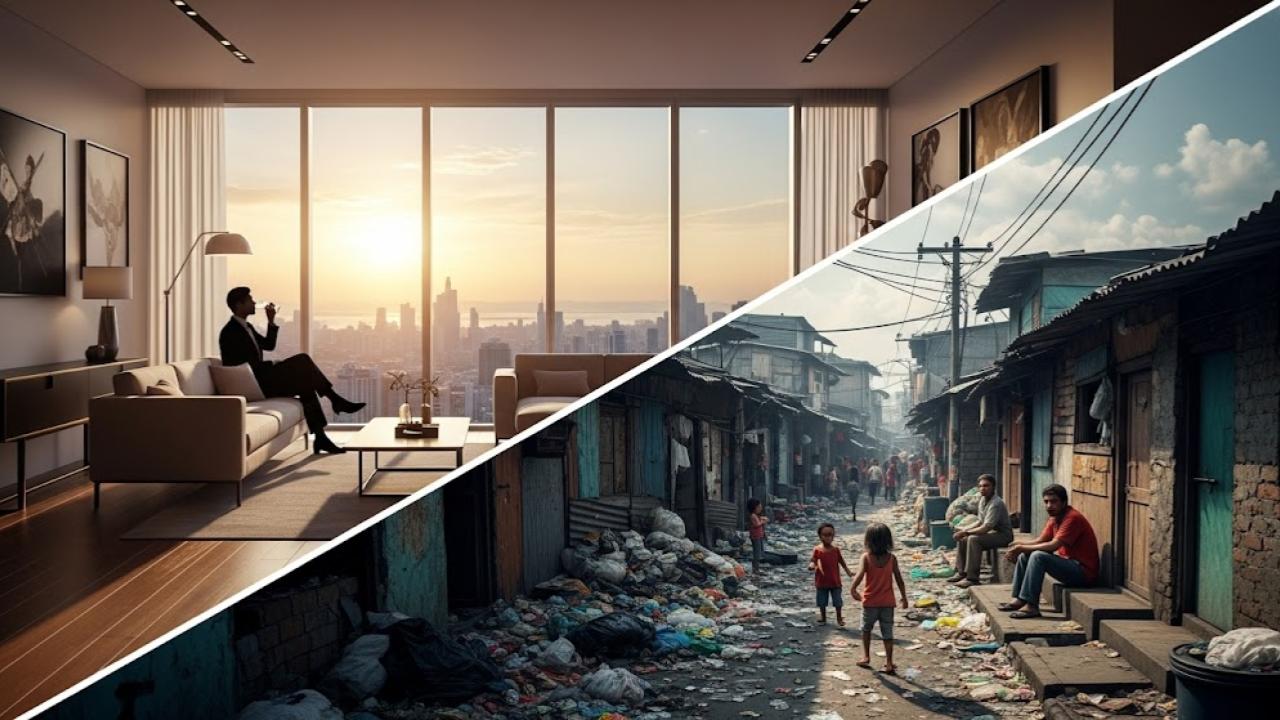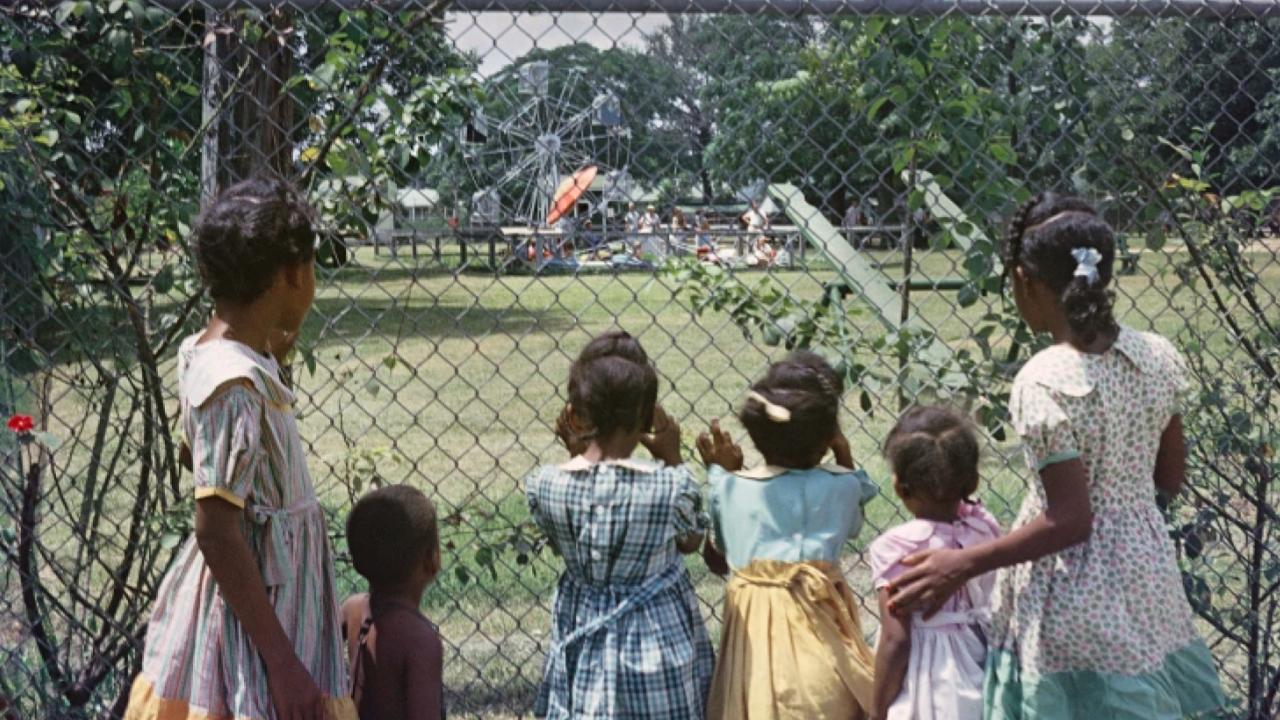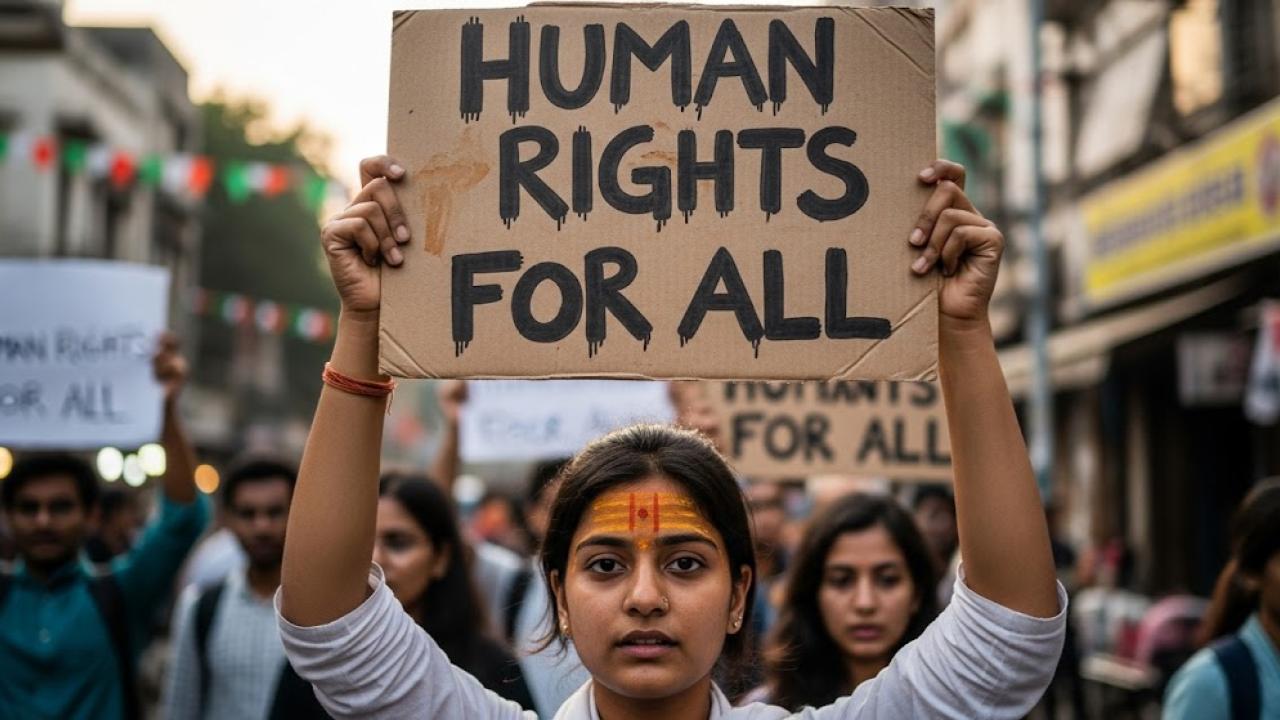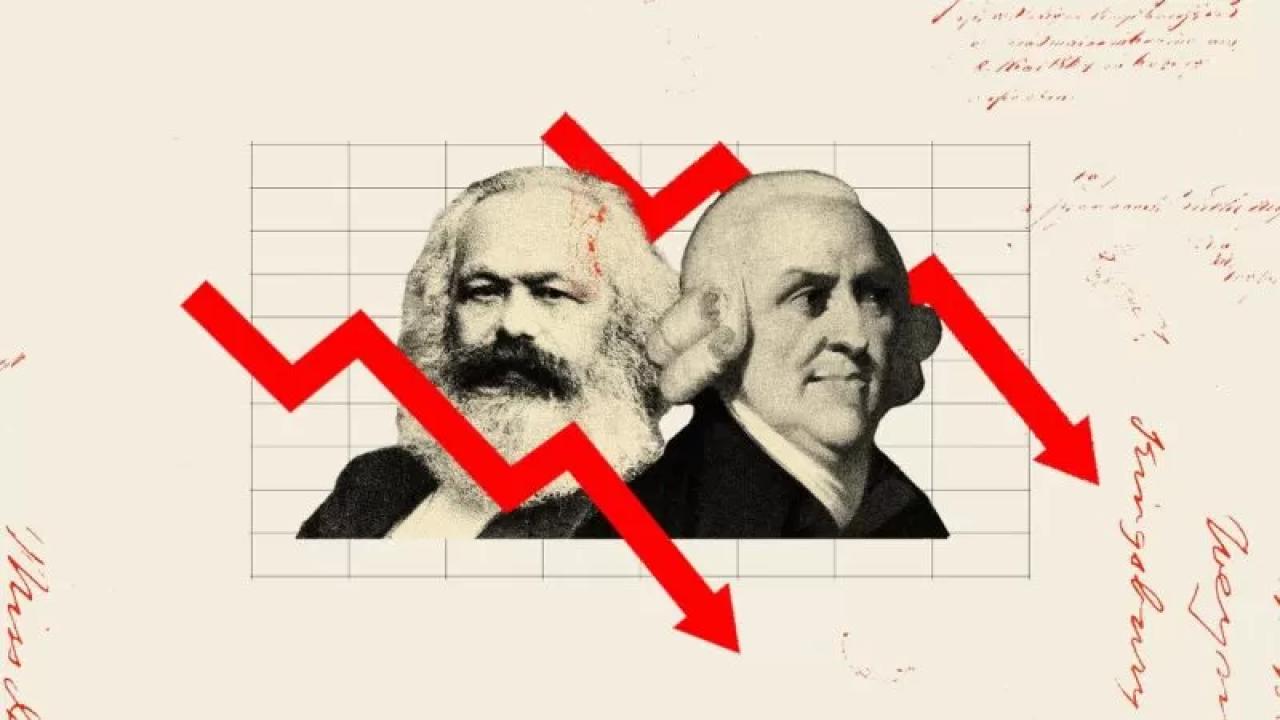Society, in its broadest sense, refers to a group of people living together and sharing common elements like culture, values, and social structures. It’s a complex system of relationships, interactions, and organizations that shape individual behavior and collective life. Societies can vary greatly in size, structure, and complexity, ranging from small, close-knit communities to large, diverse nations.
OnAir Post: Society



